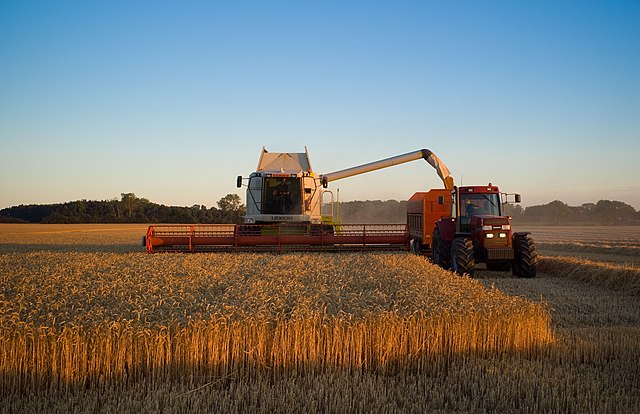
The Texas House of Representatives has passed a house joint resolution and two house bills that would clarify and update the Texas Right to Farm Act. This statute was created in 1981 to protect those who practice generally accepted agricultural operations from lawsuits for being a nuisance. According to the state law, “It is the policy of this state to conserve, protect, and encourage the development and improvement of its agricultural land for the production of food and other agricultural products. It is the purpose of this chapter to reduce the loss to the state of its agricultural resources by limiting the circumstances under which agricultural operations may be regulated or considered to be a nuisance.”
Agricultural operations in Texas are protected from lawsuits as long as the operation was in effect for at least one year or more before the lawsuit, and the conditions of the operation have not changed. However, if the operation expands or builds something that is against a city or state law, then it has a new date of operation that is separate from the original date of operation.
In an explanation of the law by AgriLife, other exceptions to the law are when the agricultural operation is in violation of federal, state, and/or local laws, and the state is still allowed to act to protect the health, safety, and welfare of the public. Additionally, the Right to Farm Act cannot be applied if the operation obstructs access to water, air, or light that is used by other properties.
The Right to Farm has been a protection of agricultural practices in Texas for a long time. But as cities grow, farmers find themselves under constraints by new city laws and codes that were not put in place 40 years ago. They focus on public health and safety and aim to regulate agricultural practices to do so.
Agriculture is a huge part of Texas, and it is in the interest of the state not to hinder it. According to the Texas Farm Bureau, “Farming and ranching are vital components of a healthy Texas, contributing over $159 billion to the state economy. But the state loses over 240,000 acres of agricultural and ranch lands each year to development, according to a recent study.”
Thus, this year lawmakers in the Texas House of Representatives are updating the law by the passage of three pieces of legislation to remember that people have a right to practice accepted agricultural operations in Texas, and cities have to clearly show there will be long-term harm to public health and safety before restricting them. None of these bills, however, restrict state government and agencies to protect the public health and safety of Texans.
House Joint Resolution 126 states, “The people have the right to engage in generally accepted farm, ranch, timber production, or wildlife management practices on real property they own or lease.” If this passes the Senate and the Governor signs it, then it would be up to Texans in November to vote for it.
Furthermore, HB 2308 makes clear that “A person who brings a nuisance action or other action to restrain an agricultural operation that is not prohibited by this section must establish each element of the action by clear and convincing evidence.” This is for the aim of food security.
Lastly, HB 1750 creates a more extensive measure for cities to go through to prove that an agricultural operation must be regulated for public health and safety concerns. According to the bill, a city has to prove “there is clear and convincing evidence that the purposes of the requirement cannot be addressed through less restrictive means and that the requirement is necessary to protect persons who reside in the immediate vicinity or persons on public property in the immediate vicinity of the agricultural operation…”
Included in the bill is giving responsibility to the Texas A&M AgriLife Extension office to prepare a manual of generally accepted agricultural practices and which ones do not pose a threat to the public.
For a city to start restricting agricultural practices, the city has to make a finding based on a report by the city health officer. The city health officer or consultant has to draw up a report. The report has to show that there are public health and safety hazards with the agricultural operation, determines how the operation should be regulated and why, and if it will or will not restrict a generally accepted agricultural practice and why. The bill limits cities from issuing governmental requirements for agricultural operations.